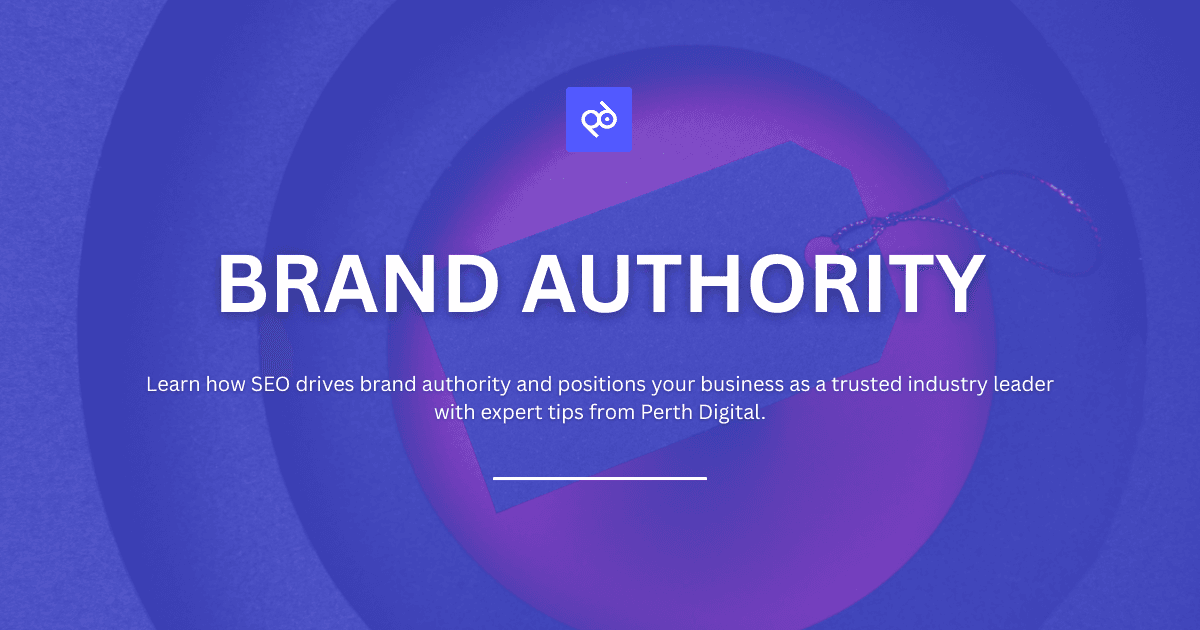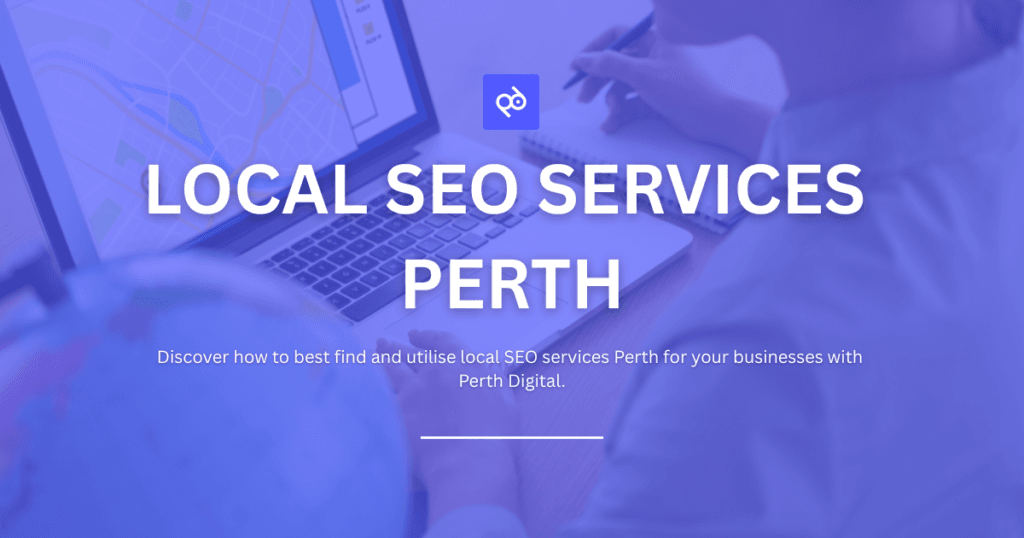Brand authority is no longer optional, it’s essential for businesses looking to stand out in competitive markets. It’s what convinces potential customers that you’re trustworthy, motivates search engines to rank your content higher, and positions you as a leader in your niche. But building brand authority takes time and consistent effort. It’s the result of delivering value, maintaining visibility, and cultivating credibility.
One of the most effective tools for achieving this is SEO. Through strategic optimization and content creation, SEO can help you build the kind of trust and recognition that sets your brand apart. In this guide, we’ll explore how SEO strengthens brand authority and how you can implement these tactics effectively.
What is Brand Authority?
Brand authority refers to how credible and influential your business is perceived to be in your industry. A brand with authority is not just another name in the market, it’s seen as an expert and a reliable source of information and solutions.
Brands with strong authority consistently rank higher on search engines because their content is both relevant and trusted. They attract more backlinks and mentions from other websites, which signals to both search engines and users that the brand is respected. This trust also translates into higher conversion rates as people are more likely to choose a brand they perceive as reliable.
True brand authority isn’t something you declare yourself; it’s earned over time. By consistently publishing quality, valuable content and optimizing your online presence, SEO becomes the foundation for building lasting credibility.
Building Brand Authority with SEO
1. Publish Authoritative Content
Quality content is the cornerstone of any strategy designed to boost brand authority. When you create content that provides genuine value, both users and search engines recognize your expertise.
Content that solves real problems is far more likely to be trusted and shared. By focusing on actionable tips and in-depth answers, you not only address your audience’s pain points but also position your brand as a go-to resource.
Instead of covering a wide range of topics superficially, it’s better to go deep, not wide. Detailed, long-form guides that explore a subject from every angle demonstrate a higher level of knowledge and expertise.
Credibility is further enhanced when you use credible sources. Back up your claims with statistics, industry reports, and expert commentary. Referencing well-known and trusted sources not only builds confidence in your content but also shows that your insights are evidence-based.
Finally, add unique insights that showcase your own experiences and results. Sharing case studies, original research, or lessons learned helps differentiate your brand’s voice and establishes your expertise in a way generic content never could.
2. Build Topical Authority with Content Clusters
Google now evaluates websites based on the depth of expertise on a subject, rather than just individual keyword usage. Building content clusters around a key topic signals to search engines that your brand is a true authority on that subject.
A pillar page serves as the foundation of this strategy. It’s a comprehensive guide covering the core aspects of a topic, for instance, “The Ultimate Guide to SEO.”
Around this, you can create cluster content, which includes smaller, focused articles that delve deeper into subtopics. For example, blog posts like “Technical SEO Tips” or “How to Write Optimized Content” can all link back to the pillar page, creating a web of interconnected insights.
These internal links not only help Google understand the relationship between your articles but also improve site navigation for users. When readers can easily find related information, they’re more likely to stay on your website longer, building trust and engagement.
Over time, a network of well-structured content clusters reinforces your authority on multiple fronts, helping your website dominate a topic area.
3. Apply E-E-A-T Principles
Google’s E-E-A-T framework: Experience, Expertise, Authoritativeness, and Trustworthiness, plays a major role in how your content is evaluated for quality.
To demonstrate experience, incorporate first-hand accounts, client stories, and examples from real-world applications. This shows that your advice or content comes from genuine practice, not just theory.
Expertise is best communicated through content written or reviewed by qualified professionals. Adding author bios that highlight credentials, years of experience, or relevant qualifications helps Google and users trust your content more.
Authoritativeness is achieved when other reputable websites reference your work. Being cited or linked by recognized industry leaders signals to search engines that your content carries weight.
Finally, trustworthiness requires a transparent and secure online presence. Ensure your site uses HTTPS, displays clear contact details, and includes accurate and up-to-date information. A trustworthy website is one that users feel confident engaging with.
4. Earn Quality Backlinks
Backlinks act as votes of confidence for your website. Each time another reputable site links to your content, it tells search engines that your brand is credible.
Rather than buying backlinks, which can harm your reputation, focus on creating linkable assets. These are resources so valuable, like original studies, free tools, or detailed guides, that others naturally want to reference them.
Building relationships is also key. Through outreach and guest posting, you can collaborate with bloggers, journalists, and influencers in your niche to earn links while providing value.
Digital PR is another powerful strategy. By crafting newsworthy stories or industry reports, you can attract mentions and links from top media outlets.
Remember, quality over quantity matters. One backlink from a respected source like a leading news site is far more valuable than dozens of links from irrelevant or low-quality websites.
5. Optimize On-Page SEO
On-page SEO is about making your content both search engine-friendly and user-friendly. This directly affects how authoritative your brand appears in search results.
Start with title tags that are not only keyword-rich but also engaging. A well-crafted title encourages users to click and see you as an authority on the subject.
Meta descriptions are equally important, as they offer a concise, compelling summary of your content. A strong meta description helps build trust before users even visit your site.
Use headers (H1-H3) to break your content into logical sections. This improves readability and signals to search engines that your content is structured and relevant.
Additionally, internal linking between related articles keeps users on your site longer and reinforces the perception that your brand has comprehensive knowledge on a topic.
6. Maintain Brand Consistency and Voice
A consistent voice and messaging style create a cohesive brand experience that builds trust. When your tone, visuals, and content align across every platform, users are more likely to perceive you as credible.
Start by developing a brand style guide that outlines tone, language, and formatting rules. This ensures that all content, whether blogs, social media posts, or emails, communicates the same brand personality.
Training your team on these standards is essential. Whether content is produced internally or outsourced, every piece should reflect your brand identity.
Lastly, keep messaging aligned with your brand story. A sudden shift in tone or inconsistent messaging can confuse users and weaken your authority.
7. Strengthen Technical SEO and User Experience
A slow, hard-to-navigate website undermines trust and credibility. Technical SEO ensures that your site performs well both for users and search engines.
Improving page speed is critical. Compress images, leverage caching, and reduce unnecessary scripts to deliver a seamless browsing experience.
Mobile responsiveness is another non-negotiable factor. Most users access content from their phones, and a site that doesn’t work well on mobile devices can instantly lose authority.
A logical site structure helps both visitors and search engines understand your content. Use clear categories and an organized hierarchy to guide users effectively.
8. Leverage Social Proof
Social proof, such as testimonials and reviews, shows that others trust and endorse your brand. This instantly boosts brand authority by adding third-party validation.
Customer testimonials on landing pages or blogs provide reassurance to potential clients. Pair these with case studies that highlight measurable results, showcasing your expertise in action.
Encouraging user-generated content, like reviews, photos, or stories, also strengthens credibility, as people trust other customers more than brand messages alone.
9. Use Schema Markup
Schema markup, or structured data, helps search engines understand your content better. This can lead to rich snippets, which enhance your listings with extra information like reviews or FAQs.
Enhanced search results attract more clicks and create an impression of authority. For example, a product page displaying review stars immediately signals trustworthiness.
Schema also improves visibility in voice search and featured snippets, increasing your chances of appearing as a trusted source of information.
10. Monitor, Measure, and Refine
Brand authority is built over time, and tracking your progress is vital. Use metrics like organic traffic growth and keyword rankings to see how well your SEO efforts are performing.
Monitor your backlink profile to ensure you’re earning links from reputable sources. SEO tools like Ahrefs or SEMrush can help track these signals of authority.
Also, pay attention to engagement metrics such as dwell time and bounce rate. If users are leaving too quickly, it may indicate that your content isn’t meeting their needs.
Finally, keep an eye on branded search volume. When more people search for your business name, it’s a clear sign that your authority and recognition are growing.
Brand Authority: The Outcome of Smart SEO
SEO is the engine that powers online visibility, but brand authority is the momentum that keeps your business moving forward. By focusing on trust, value, and consistency, you can position your brand as the leader your audience turns to first.
At Perth Digital, we understand the importance of brand authority as well as the necessity of SEO. Get in touch with us today to get a tailored SEO strategy that not only boosts your business’ online visibility but also its credibility in the eyes of consumers.



